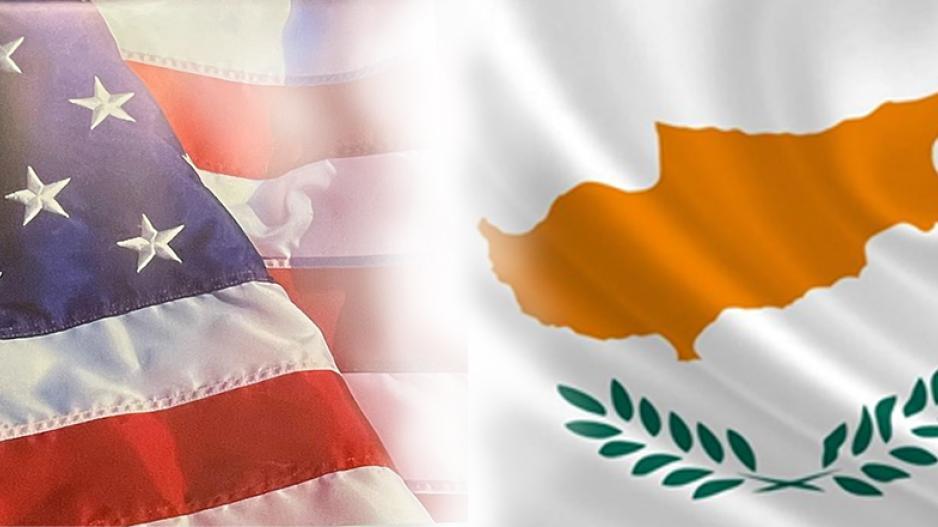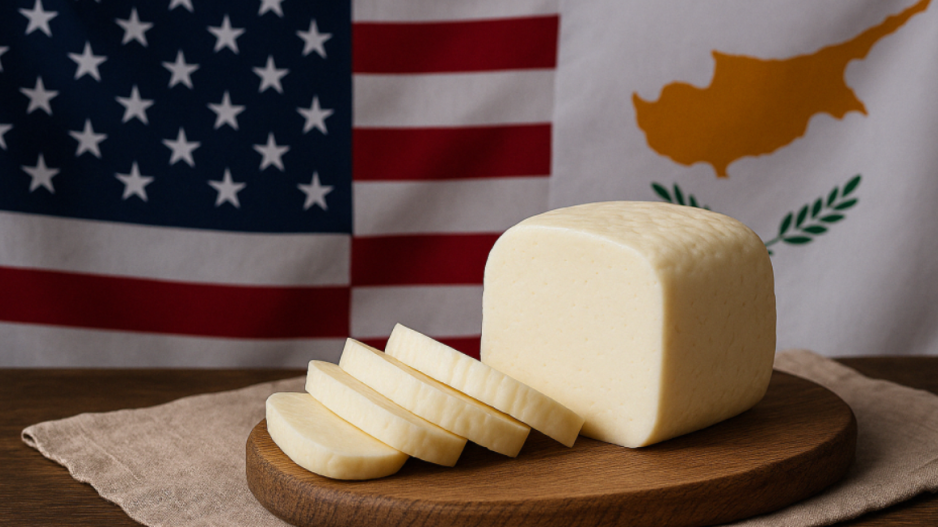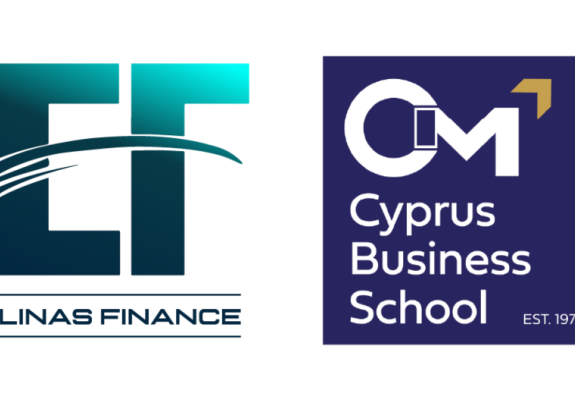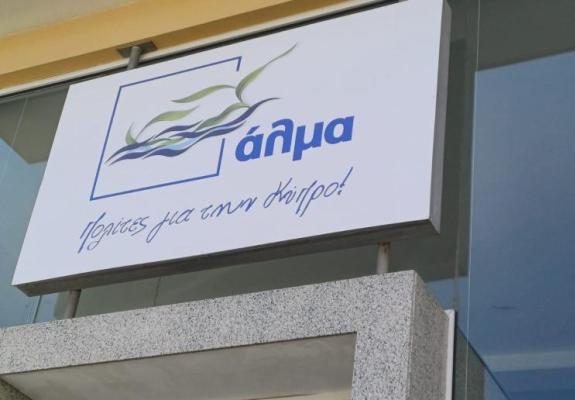How Vulnerable Is Halloumi to US Tariffs?
FastForward spoke with Marios Konstantinou, President of the Cyprus Cheesemakers Association, on how local producers are responding to the new US tariff on Halloumi exports.
The latest round of US trade decisions has reignited global uncertainty — and this time, Cyprus finds itself in the mix.
The return of Trump-era tariffs is dominating headlines worldwide, not only because of their economic impact but also due to the apparent lack of coherent logic behind them. Analysts and trade experts struggle to decode a policy line marked by contradictions, reversals, and erratic announcements from the White House.
Initially, a 20% tariff was imposed on EU imports. That decision was quickly rolled back and replaced with a reduced 10% duty, valid for 90 days. Former President Trump has made it clear that tariffs “will not go any lower,” and if talks fail, the 20% rate may return.
>>What does Cyprus export to the United States?<<
In Cyprus, attention has turned to Halloumi PDO (protected designation of origin) — the island’s flagship export. According to the Statistical Service, dairy products are the country’s top export category, with annual halloumi exports to the United States amounting to approximately €10 million.
The question remains: how will Cypriot dairy companies with exposure to the US market be affected if tariffs hold at 10% — or climb back to 20%?
To get clarity, FastForward spoke with Marios Konstantinou, President of the Cyprus Cheesemakers Association and CEO of Charalambides Christis, who shared insights on the risks, opportunities, and strategic priorities for the sector.
Mr. Konstantinou is quick to frame the new tariff as manageable, at least in the short term. “There is understandable concern over the 10% US duty on PDO Halloumi exports,” he told FastForward, “but in terms of economic impact, the data show it will likely be limited.”
He pointed out that US-bound Halloumi exports account for just 3% of the product’s total volume — approximately €10 million out of €324 million in 2024. “Yes, prices in the US will rise. But given the small market share, any losses can be offset with targeted, collective efforts.”

Still, Mr. Konstantinou emphasized that the US remains a market of interest — part of a larger national strategy to push Halloumi into new and emerging regions.
“Halloumi PDO represents 95% of Cyprus’s total dairy exports. Expanding its reach is a strategic priority,” he said. The industry, working closely with the Ministry of Energy, Commerce and Industry and trade attachés abroad, is actively pursuing new opportunities in the US, Middle East, and Far East.
In the US specifically, efforts are focused on the East Coast, where the consumer profile is more closely aligned with European dietary and cultural preferences.
Half of Halloumi exports are currently directed to the UK, while the rest are spread across 45 countries. The sector also benefits from EU co-funded promotion campaigns and strong visibility at international food fairs.
Although tariff decisions lie outside the control of producers, Marios Konstantinou noted that “we will do everything in our power to remain in the US market — it’s a large country with corresponding growth potential.”

Tariffs aside, Mr. Konstantinou sees a more existential challenge: protecting Halloumi’s global brand position by ensuring it continues to meet PDO standards — particularly in relation to milk composition.
“The viability of Halloumi PDO in global markets depends on strengthening our presence in both Europe and third countries,” he said. “But to do that, the quota for goat and sheep milk used in blended Halloumi must be based on accurate, real-world data.”
A new software platform introduced in October 2024, aimed at tracking goat and sheep milk volumes, is already helping producers safeguard demand and compliance. “This was a critical step,” Marios Konstantinou said. “Halloumi exports are a pillar of Cyprus’s economy — we must protect them at all costs to keep building global momentum.”






